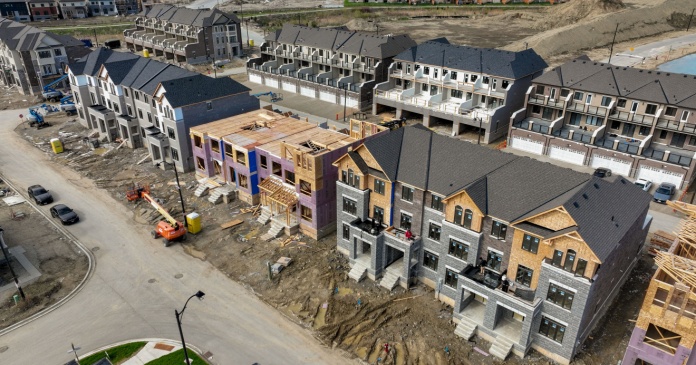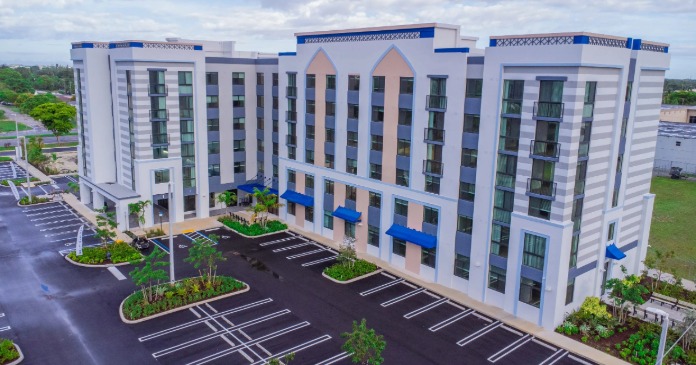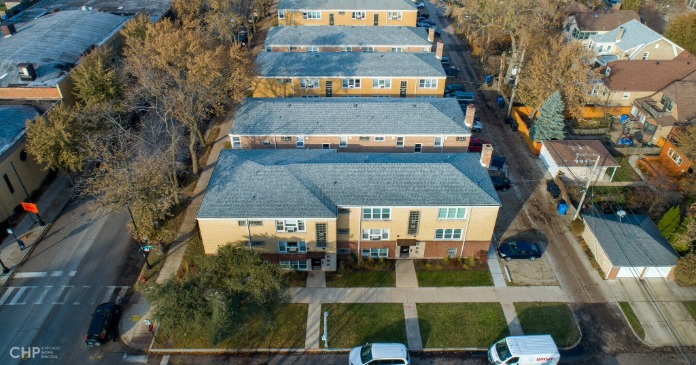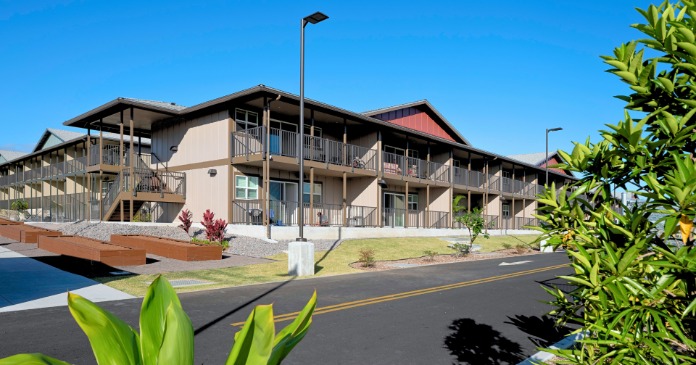Yet, Congress has been consumed over the past year with those things at the bottom of Americans’ priority list: reducing health care costs (57 percent), providing health insurance to the uninsured (49 percent) and global warming (28 percent).
The multifamily engine revs and we wait.
We wait for banks to begin lending. We wait for business to begin hiring. We wait for renters to emerge from shared environments and strike out on their own.
“We desperately need lenders to begin financing apartment communities again,” said NAHB chief economist David Crowe. “The vacancy rate for apartments is elevated now, but as the economy recovers and jobs return, the people who’ve been doubling up with relatives and friends will want a place of their own—and there may not be one available.”
Don’t hold your breath. The collapse of the housing bubble created this recession. The financial crisis of 2008 destroyed the world’s most advanced debt markets.
The institutions that used to back stop the private multifamily finance markets just can’t anymore.
December’s unemployment data show a crisis in the construction industry. A year ago 15.3 percent of construction workers were unemployed. That was bad. Today a staggering 22.7 percent of these workers are idle.
If you, or one of your neighbors, or folks in your town are in construction, durable goods manufacturing (13.3 percent unemployment), or leisure (12.6 percent) you are in a lot of hurt. But then, what town in America doesn’t rely on one of these three for its economic base?
There are some bright spots in the Bureau of Labor Statistics report. For two industry groups, the recession is only a blip on the radar screen. Unemployment in education and healthcare has risen to 5.6 percent, and 5.9 percent of government workers are now unemployed, up from 5.5 percent a year ago.
The government sector has seen two other employment trends: Federal employees’ salaries now average $71,206 in compensation compared to $40,331 in the private sector according to USA Today.
The New York Times reports that the majority of labor union members in America now work for the government. Nearly eight million government workers carry the “union label,” while the areas hardest hit in the recession (construction and manufacturing), were some of the most heavily organized sectors.
If you spend all your time in a city filled with government employees, hospitals and universities, you might not understand what all the jobs and economy fuss is about.
Might I suggest that our leaders head home to the their districts and hold a new type of town hall meeting. One where they turn off their cell phones and just listen.
Listen to the developer who wants to build, and the worker who doesn’t want a handout, just a job.













